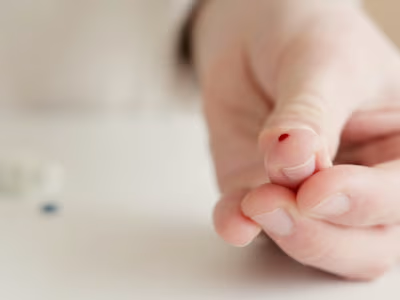Celine Halioua, The Life Extender
Like this project
Posted Aug 17, 2023
Celine Halioua, Founder and CEO of Cellular Longevity, Inc., is working on developing therapies to treat aging in dogs through biotechnology.
Likes
1
Views
60
The fountain of youth for humans starts with man’s best friend.
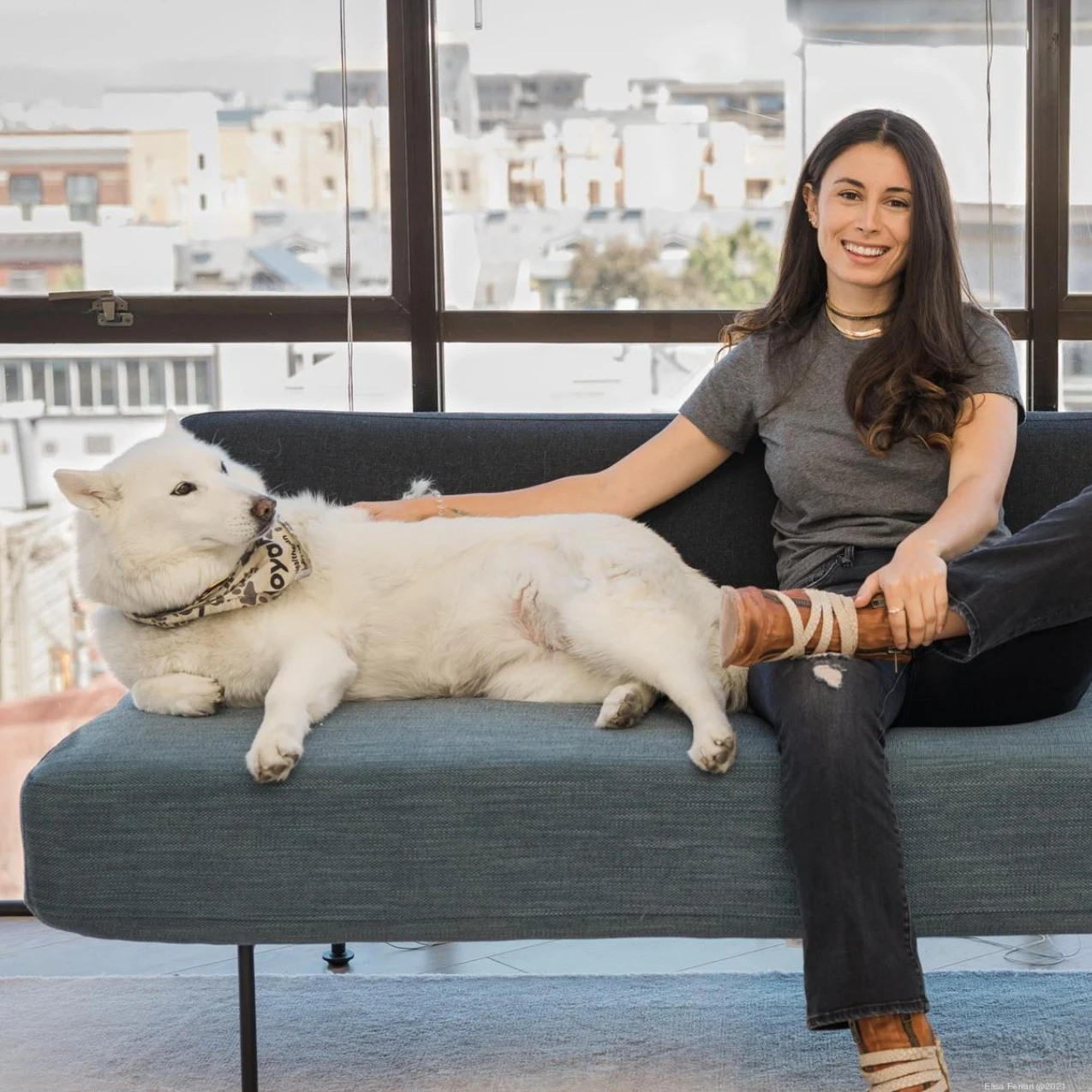
Halioua is the founder and CEO of Loyal, a biotech startup developing drugs to extend dog lifespan.
I don’t know about you, but for 34 years of my existence, I was always promised a much longer lifespan than previous generations. After all, technology is rapidly advancing, and by the time I reach old age, the new 90 should be the old 50, right?
As you’re well aware, that hasn’t happened yet. Sure there are advancements in technology each and every day, but none of us are expecting to live as long as those characters in futuristic science fiction flicks.
But there are people working on it, and one of them is Celine Halioua, Founder and CEO of Cellular Longevity, Inc. Except this biotechnology company isn’t attempting to extend the life of humans. Halioua is working on developing therapies to treat aging in dogs.
That’s right, man’s best friend, whose life has always been too short for our liking, could finally be living more years with their human. When you think about it more, it makes sense. Biotech firms aren’t going to be experimenting on humans until therapies have been proven to work on other large mammals.
At the time this article was written, Cellular Longevity’s clinical-stage veterinary medicine company, Loyal, had raised $27M. As you can imagine, there is plenty of excitement around extending the lives of Fido or Bailey. But the fact that Loyal’s work is backed by decades of research on the biology of aging has investors even more thrilled.
So what does Halioua expect to accomplish? First, it’s much easier and cheaper to perform clinical trials on animals than on humans, where 90% of new drugs don’t make it through. And most importantly, canine lives are much shorter than human lives, greatly shortening the time it takes to receive results.
Halioua’s interest in the field of biology began at the University of Texas in the state where she was born and raised. Even though she majored in neuroscience, her interest in aging began during her sophomore year internship at the SENS Research Foundation, a leading lab in La Jolla, California, working on age-related diseases.
Fast forward after two internships with the nonprofit, and Halioua was convinced the study of aging was the field she wanted to pursue permanently. “It just made so much sense,” she told Wired in October 2022. “I very quickly knew that this was a hundred percent where I was going to spend my life.”
After impressing an Oxford researcher involved with the SENS Research Foundation, she was offered the chance to move to the UK. That experience quickly soured after realizing that her admiration for the foundation was quickly disappearing. In the past years, she publicly outed the foundation’s co-founder and mastermind Aubrey de Grey for encouraging her to sleep with potential donors to raise more funds (an accusation Grey has denied).
In 2018, Halioua was in search of something new. She contacted a leading woman in aging treatments, the child prodigy who had enrolled in MIT at 14, Laura Deming. Deming was running a venture capital fund for age-related startups in San Francisco. After impressing Deming in a phone interview, Halioua was offered a short but impactful two-week internship at WeWork in San Francisco.
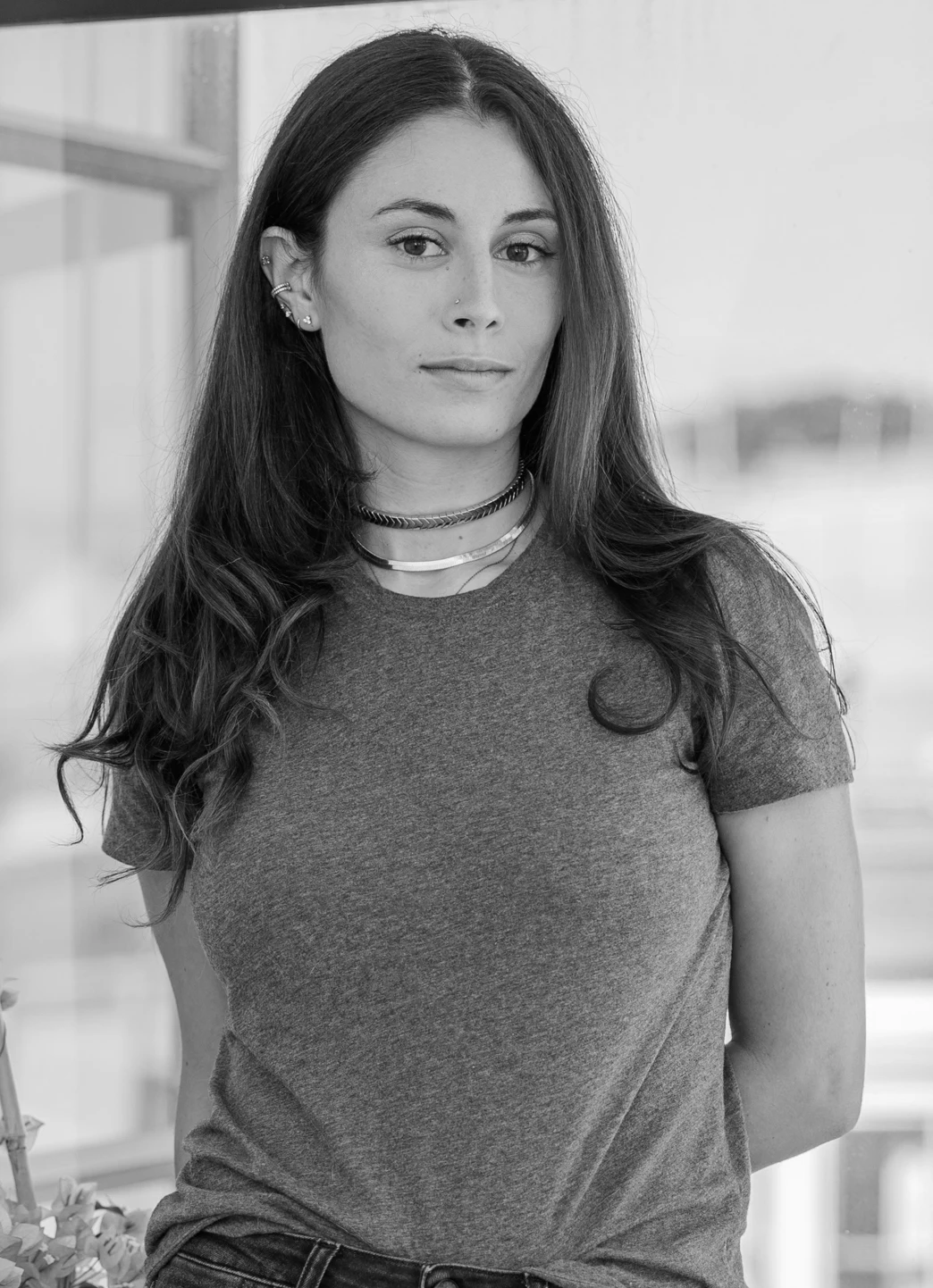
Halioua studied neuroscience and nanobiotechnology at the University of Texas at Austin and Uppsala Universitet in Sweden.
After her brief internship, Halioua was offered a job and the opportunity to simultaneously finish her Ph.D. at Oxford. But soon after, she was dealing with an investigation at the university due to a formal complaint she had filed against her supervisor regarding bullying and harassment. Overwhelmed by the investigation, her studies, and her work, she left Oxford to focus on her passion.
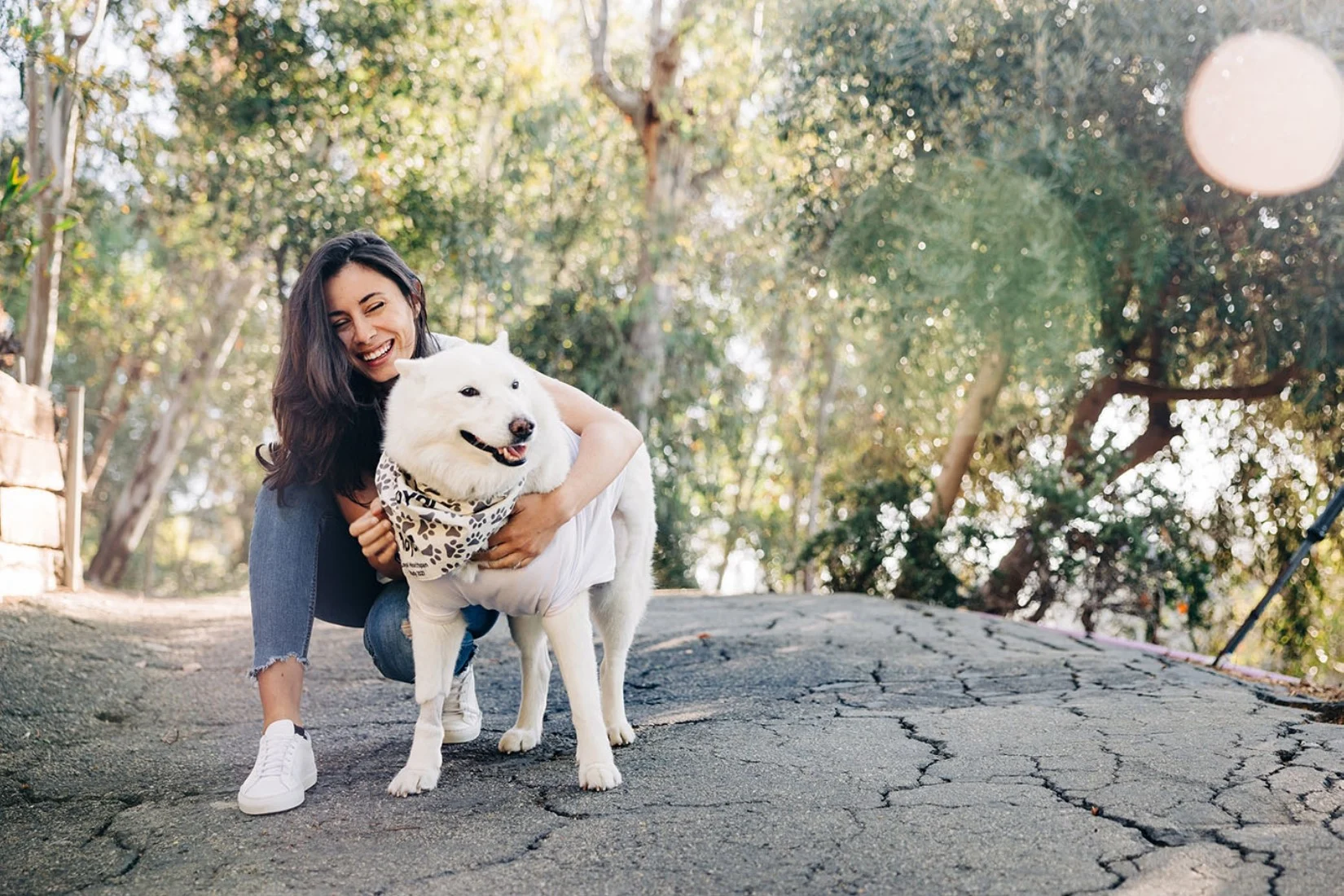
Celine Halioua with her dog, Wolfie.
Halioua’s idea for Loyal emerged from a memo she worked on during her time with Deming, which involved something called insulin-like growth factor 1. This hormone (IGF-1 for short) is naturally found in the blood. It was known back then that tweaking the hormone’s pathway could extend the life of mice. However, the effects on humans were unknown.
It wasn’t until 2019 that Halioua revealed her knowledge of the hormone and its potential to extend the life of dogs on a summer camping trip.
The trip was organized by a startup, and she didn’t know any of the investors and entrepreneurs she revealed these details to. Eventually, her idea made its rounds throughout Silicon Valley, where it eventually caught the attention of an interested venture capitalist.
That man was Greg Rosen, who met with Celine Halioua for coffee in San Francisco. Shortly after that meeting, she had just over $5M in funding from Rosen and others. But as luck would have it, the pandemic started in the first month that her office’s lease began. But that didn’t stop her new team from growing and hiring experts with another $6M in funding raised.
The self-proclaimed “Oxford dropout” and her team of scientists have now identified two compounds that can delay the aging process of young, large dogs and help with cognitive decline. Loyal also has close to 70 employees, and half of its new investors are women—no small feat in a world where startups are backed significantly by male venture capitalists.
As of 2023, Loyal is developing two drugs that target the underlying causes of aging. LOY-001 is expected to expand the lifespan of large breeds of dogs and is projected to enter companion dog studies this year. Whereas LOY-002 is intended to expand the lifespan of older breeds, minus the smaller breeds. If you’d like to help, Loyal is actively recruiting for upcoming studies in 2023.
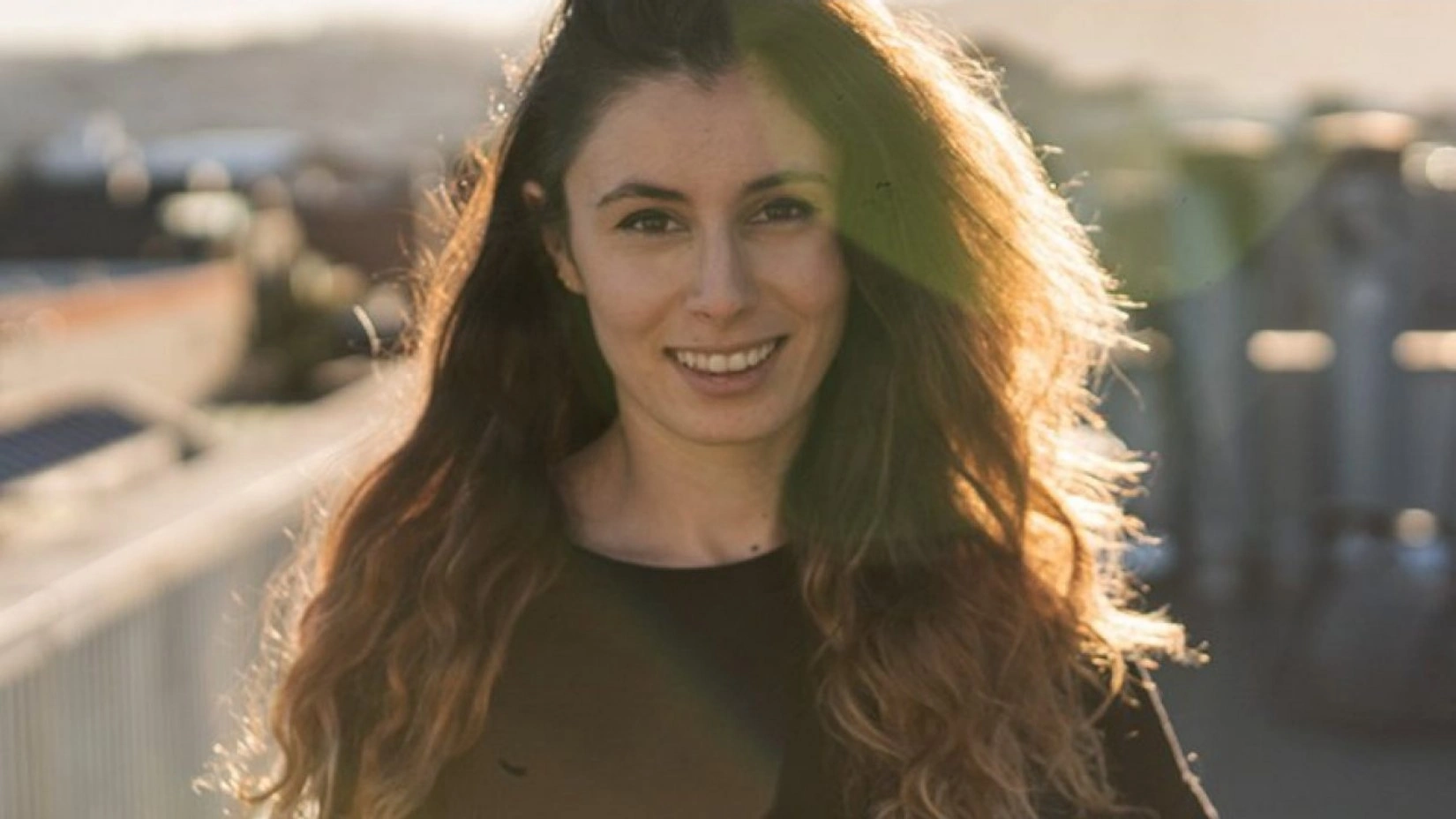
Halioua’s interest in biotechnology has led her to unraveling and developing therapeutics for pathological aging.
TROORA MAGAZINE | MAY 2023
WRITTEN BY KEVIN JAMES JEFFERY
PHOTOS COURTESY OF ELISA FERRARI | LONGEVITY.TECHNOLOGY | NEO.LIFE





